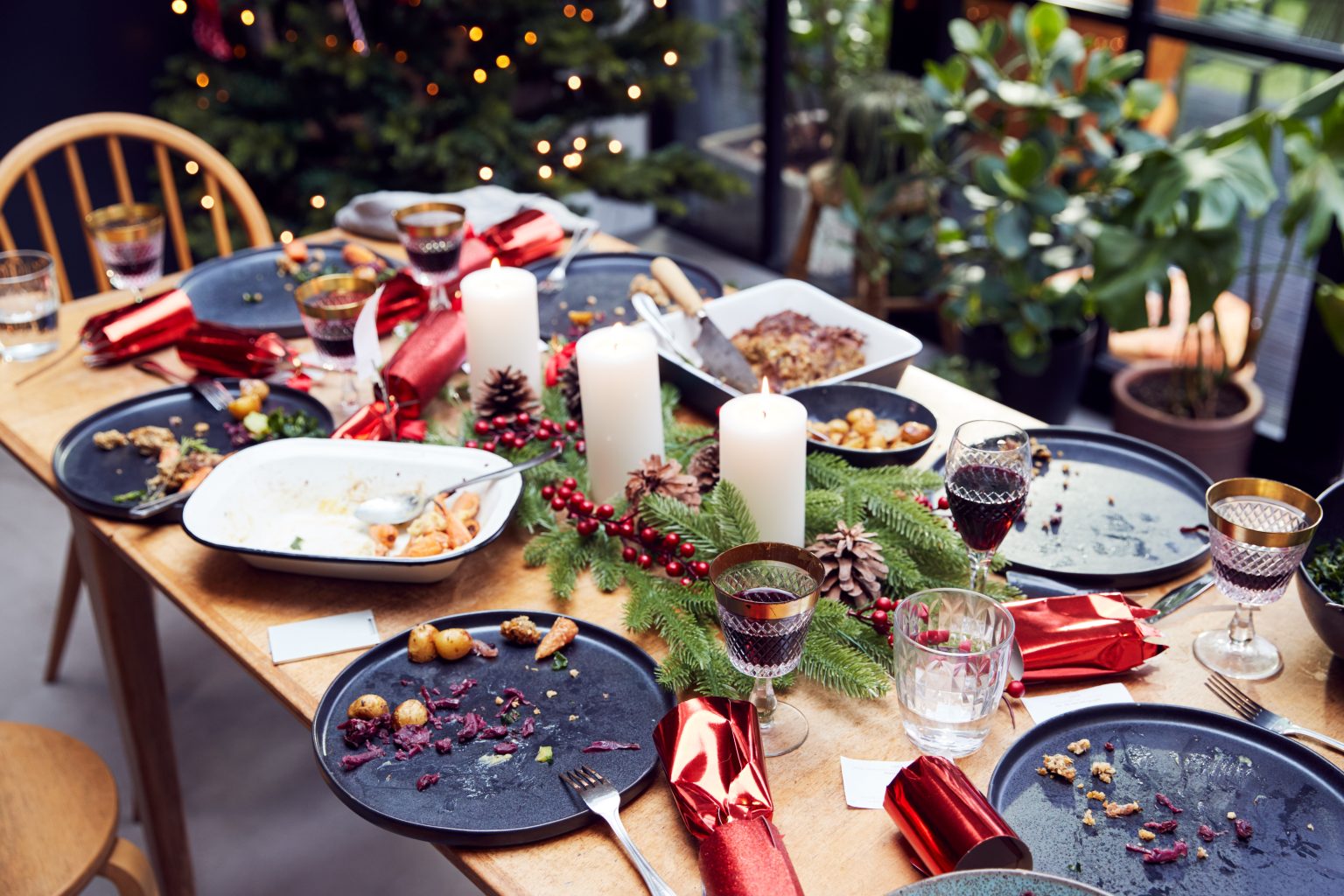As the festive season approaches, a kitchen expert is encouraging households to be more mindful of waste by recycling their Christmas leftovers. Debra Hutt, from Wren Kitchens, has shared essential tips aimed at reducing the excess waste typically generated during the holiday period. With an estimated 100 million bags of rubbish going to landfills each Christmas, recycling could play a vital role in managing the waste crisis.
Recent statistics highlight that in the UK, households produce 30% more waste during the festive season, which includes the disposal of around two million turkeys and six million Christmas trees. Hutt notes that the growing trend towards sustainability is reflected in a staggering 2,050% increase in Google searches for eco-friendly Christmas decorations in the past three months.
Hutt emphasises that recycling not only helps manage the increased waste, including packaging and food scraps, but also alleviates post-holiday stress. She states, “By following these tips, families can celebrate more sustainably and reduce guilt over holiday waste while doing their part to reduce their carbon footprint.”
Here are Hutt’s top five recycling tips for a more sustainable Christmas:
- Utilise Integrated Rubbish Disposal Units: Hiding rubbish and recycling bins in kitchens can provide practical benefits, especially during the busy festive season. Hutt explains, “This maintains the aesthetic of your kitchen while preventing pests like flies and rodents from being attracted to food scraps. Keeping bins together also simplifies sorting waste during the Christmas rush.”
- Recycling Drawers and Dividers: Implementing compartments in your waste bins can facilitate recycling. “This encourages correct recycling, making it easier for family members to participate consistently,” says Hutt. Adjustable dividers can be tailored based on the types of waste generated most frequently in the household.
- Repurposing Christmas Decorations: Hutt encourages families to repurpose old decorations as a cost-effective way to add a personal touch to festive decor. Each year, an astonishing 12,500 tonnes of Christmas decorations are discarded equivalent to the weight of the Eiffel Tower. Suggestions include creating garlands from ornaments or using natural elements like cinnamon sticks in decorative arrangements.
- Food Storage: Proper food storage is key to preventing waste. Hutt recommends storing dry ingredients like flour and nuts in airtight containers, while hardy vegetables can be kept in cold cupboards to free up fridge space. She also suggests freezing pre-prepared dishes or turkey ahead of time to help manage fridge congestion.
- Recycling Food Waste: Hutt stresses that many food items can be recycled rather than thrown away. “Tea bags, coffee grounds, and vegetable scraps can all go into your food waste bin to be converted into energy.” Any unused food still within its sell-by date can be frozen for later use. She advises making stews or soups from leftover turkey and vegetables to maximise food usage.
With these tips, households can celebrate the festive season while being environmentally conscious, reducing waste, and ensuring a tidier home post-Christmas. The aim is to foster a culture of sustainability that continues beyond the holiday season.

